What is a Money Market Fund?
A money market fund is a type of mutual fund that invests in short-term debt securities with high credit quality. It is designed to provide investors with a relatively safe and low-risk investment option that aims to preserve capital while generating modest returns. Money market funds are typically managed by financial institutions such as investment companies or banks.
The investments made by money market funds include Treasury bills, certificates of deposit, commercial paper, and other short-term fixed-income securities. These securities generally have short maturities, typically less than 13 months, which helps to maintain the stability and liquidity of the fund.
Money market funds strive to maintain a stable net asset value (NAV) per share, usually aiming for a value of $1.00. This means that investors can buy and sell shares in the fund at this constant price. The income generated by the fund comes primarily from interest earned on the underlying securities in the portfolio.
Investors often use money market funds as a short-term cash management tool. They can park their idle cash in these funds to earn a higher return than traditional savings accounts or checking accounts while still having quick access to their funds.
Why Would Someone Invest in a Money Market Fund?
- Stability and Capital Preservation: Money market funds are designed to preserve capital and maintain a stable net asset value (NAV) per share, typically aiming for $1.00. This makes them an attractive option for investors seeking to protect their principal investment.
- Liquidity: Money market funds offer high liquidity, meaning investors can easily convert their shares into cash. They typically have no lock-up periods or withdrawal restrictions, allowing investors to access their funds quickly and without penalty. This makes them suitable for individuals who want to have ready access to their money.
- Low Risk: While no investment is entirely risk-free, money market funds are considered relatively low risk compared to other investment options. They invest in short-term debt securities with high credit quality, such as Treasury bills and commercial paper. The focus on high-quality and short-term investments helps mitigate the risk of default and interest rate fluctuations.
- Competitive Returns: Money market funds aim to generate modest returns that are typically higher than traditional savings accounts or checking accounts. While the returns may be lower compared to other investment vehicles like stocks or bonds, money market funds provide a balance between stability and earning potential.
- Cash Management: Money market funds serve as a convenient cash management tool for individuals and businesses. They provide an alternative to keeping large amounts of cash idle in a regular checking account, allowing investors to earn some return on their cash reserves while still maintaining liquidity.
- Diversification: Money market funds offer diversification benefits to investors. By pooling funds from multiple investors and investing in a wide range of short-term securities, the fund spreads the risk across various issuers and instruments. This diversification can help reduce the impact of default or other credit events on the overall fund performance.
What are the Risks of Investing in Money Market Funds?
- Interest Rate Risk: Money market funds are sensitive to changes in interest rates. When interest rates rise, the yields on new investments increase, but the value of existing fixed-rate securities in the fund's portfolio may decrease. This can result in a decline in the fund's net asset value (NAV) per share.
- Credit Risk: Although money market funds invest in high-quality and short-term debt securities, there is still a risk of default by the issuers of these securities. If a security held by the fund defaults or is downgraded by credit rating agencies, it can negatively impact the NAV of the fund.
- Liquidity Risk: While money market funds are designed to provide high liquidity, there may be instances where the fund experiences a significant increase in redemption requests, particularly during times of market stress. If the fund is unable to meet these redemption requests due to a lack of liquid assets, it may be forced to sell securities at unfavorable prices or impose redemption restrictions, potentially affecting the fund's NAV.
- Regulatory Changes: Money market funds are subject to regulatory oversight and may be impacted by changes in regulations. For example, after the financial crisis in 2008, new regulations were introduced to enhance the stability and resilience of money market funds. Changes in regulations can affect the fund's operations, fees, and returns.
- Inflation Risk: Money market funds may not provide sufficient returns to keep pace with inflation. If the returns generated by the fund are lower than the rate of inflation, the purchasing power of the investor's money may erode over time.
- Counterparty Risk: Money market funds may enter into transactions with counterparties, such as banks or financial institutions. There is a risk that these counterparties may default on their obligations, which could impact the fund's performance and liquidity.
What if the U.S. Default on its Debt?
- Decline in Asset Values: Money market funds typically hold Treasury bills and other government debt securities as part of their portfolios. In the event of a U.S. default, the value of these securities would likely plummet, leading to a decline in the net asset value (NAV) of money market funds. This could result in losses for investors who hold shares in these funds.
- Investor Panic and Increased Redemptions: A U.S. debt default would likely trigger significant market volatility and investor panic. In response, investors might rush to redeem their investments in money market funds, seeking safer alternatives. The increased redemptions could strain the liquidity of these funds, potentially forcing them to sell assets at distressed prices or impose redemption restrictions, such as suspending withdrawals or implementing redemption fees.
- Systemic Risk and Market Disruptions: Money market funds are important components of the overall financial system, and a significant disruption in this sector could have systemic consequences. A wave of redemptions or losses in money market funds could potentially create broader market instability and affect other financial institutions, leading to a domino effect on the stability of the financial system.
- Regulatory Response: In the event of a U.S. default, regulatory authorities would likely take swift action to mitigate the impact on the financial system. They may implement emergency measures, such as liquidity support programs or regulatory changes, to stabilize money market funds and prevent further disruptions.
Should Investors Do Anything?
This content is developed from sources believed to be providing accurate information. The information in this material is not intended as investment, tax, or legal advice. It may not be used for the purpose of avoiding any federal tax penalties. Please consult legal or tax professionals for specific information regarding your individual situation. The opinions expressed and material provided are for general information, and should not be considered a solicitation for the purchase or sale of any security. Digital assets and cryptocurrencies are highly volatile and could present an increased risk to an investors portfolio. The future of digital assets and cryptocurrencies is uncertain and highly speculative and should be considered only by investors willing and able to take on the risk and potentially endure substantial loss. Nothing in this content is to be considered advice to purchase or invest in digital assets or cryptocurrencies.
Enjoying Escient Financial’s Insights?
The weekly newsletter is usually delivered to your email inbox Friday or Saturday, and includes:
- the latest Escient Financial Insights articles
- a brief of the week's important news regarding the markets
- recommended third-party reads
- selected Picture of the Week
Escient Financial does NOT sell subscriber information. Your name, email address, and phone number will be kept private.
















